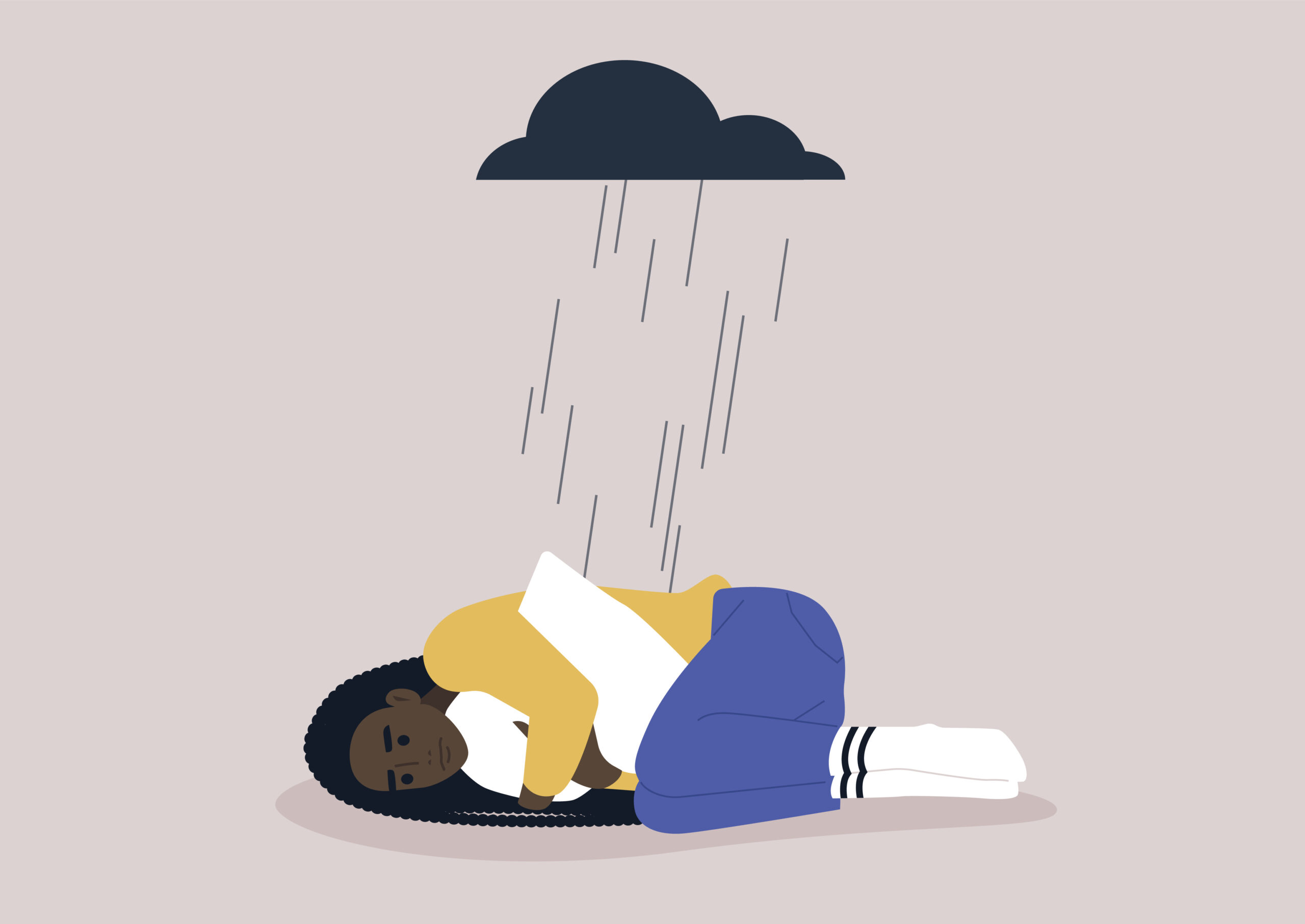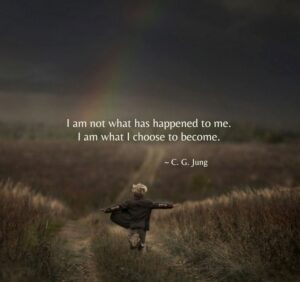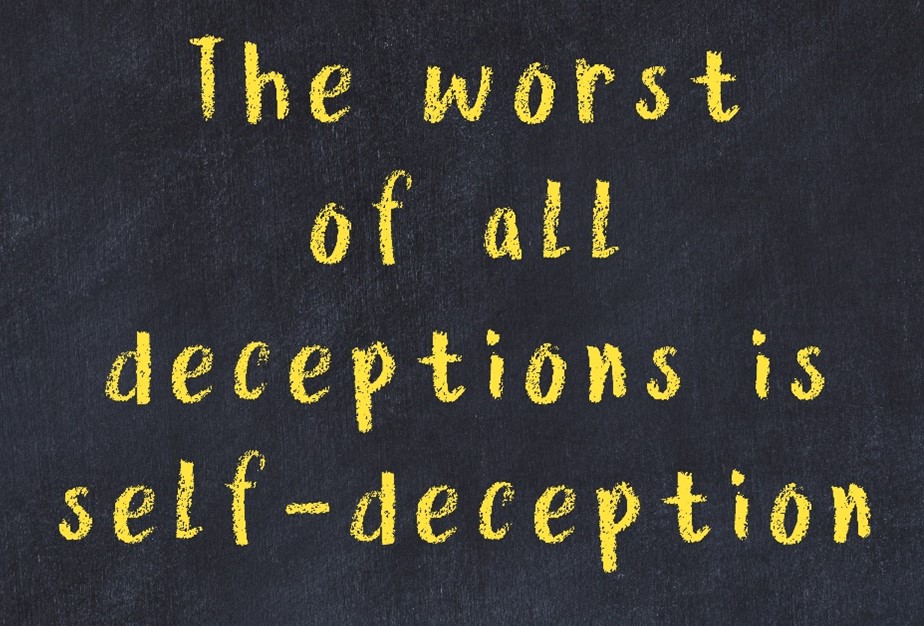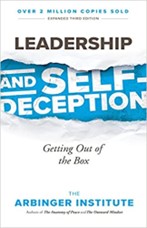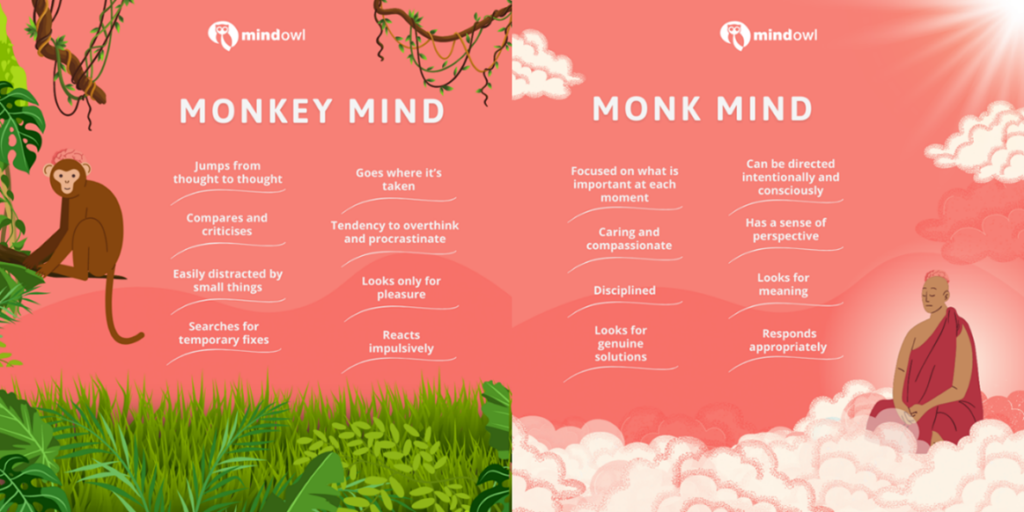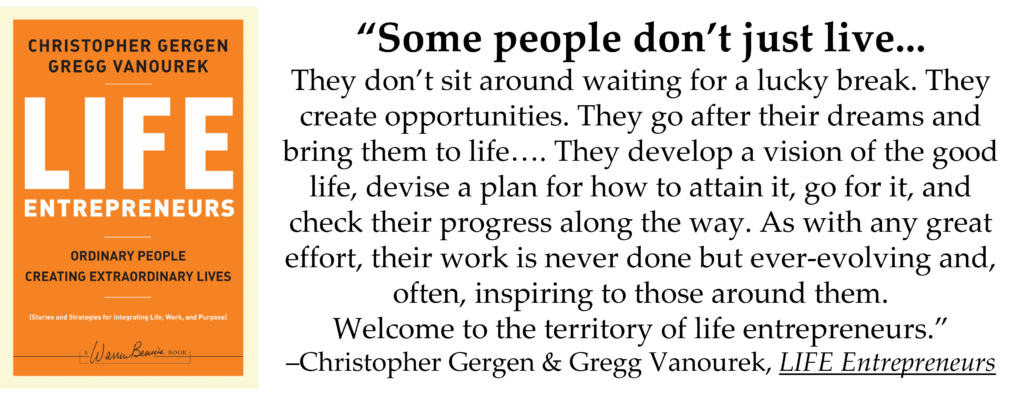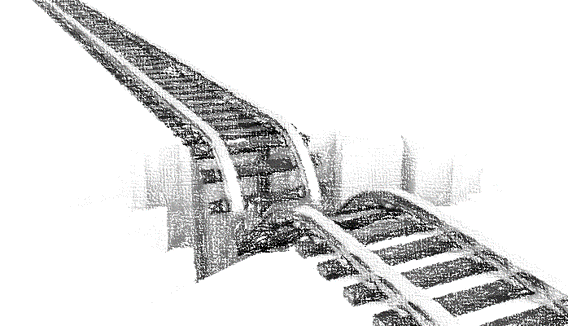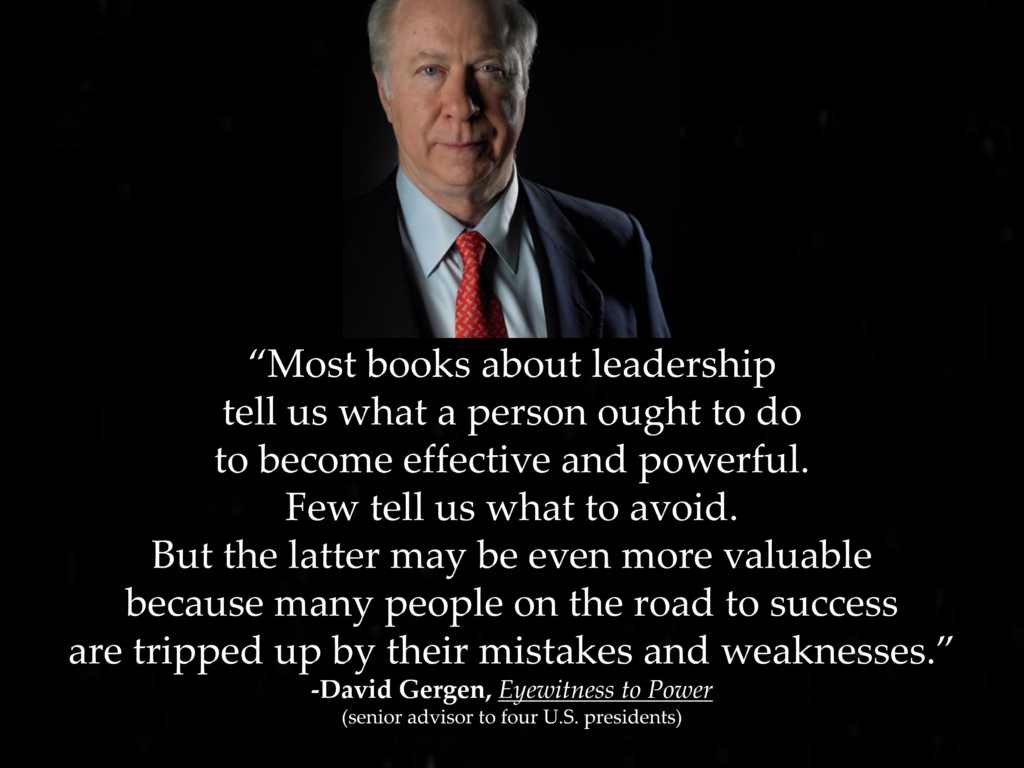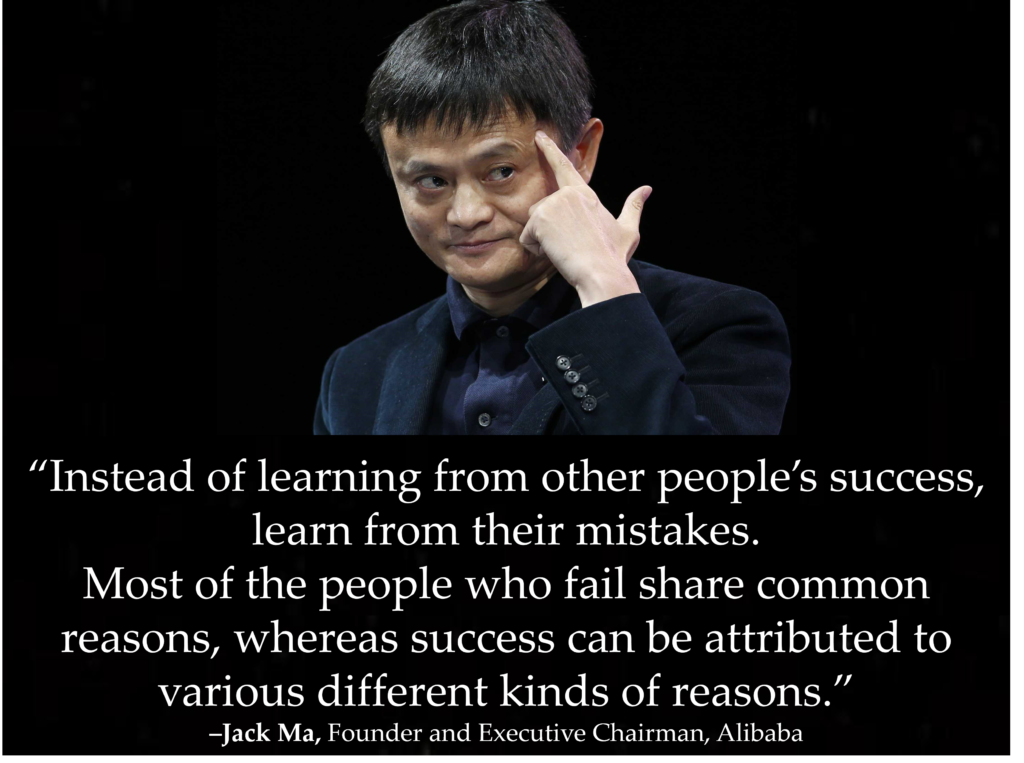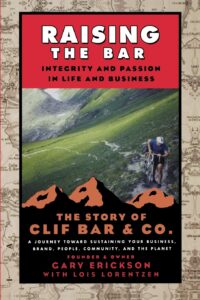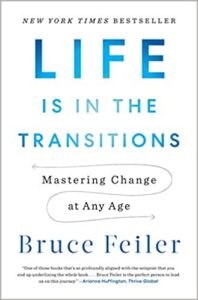Article Summary:
Many of us suffer with a large volume of negative thoughts. Reframing is a powerful practice that can change the way we see the world and ensure that we’re responding intentionally and not reacting automatically (and negatively) to things. On the power of reframing.
+++
Many of us are walking around much of the time in a mild state of anxiety, frustration, or negativity, and it colors almost everything we think and do. Our thought-streams are heavy with negative self-talk, worrying, rumination, and harsh self-judgment from our unhealthy propensity to engage in flawed and superficial comparisons. According to researchers, we humans have a negativity bias: we tend to over-focus on negatives and underweight positives.
One factor at work here is the prevalence of cognitive distortions, which occur when our thought patterns are flawed or irrational—and usually unhelpful or even damaging. Common cognitive distortions include:
- Assuming the worst
- Discounting the positive
- All-or-nothing thinking: imagining there are only great or terrible outcomes to a situation
- Blaming: finding fault with others or circumstances instead of looking within
- Catastrophizing: assuming the worst and blowing things out of proportion
- Overgeneralizing: seeing negative events as an ongoing pattern of problems
- Mind-reading: making assumptions about what others are thinking (e.g., that people are judging us negatively), with little or even no evidence
- Mental filtering: focusing only on negatives and ignoring positives
- Emotional reasoning: drawing conclusions or labeling ourselves from how we feel (e.g., leaping from “I felt stupid in that meeting today” to “I am stupid”)
“Reality is always kinder than the stories we tell about it.”
-Byron Katie, Loving What Is
The problem with such thinking traps and cognitive distortions is that they have an array of negative influences, including:
- loss of our sense of control, agency, and responsibility
- sense of helplessness
- more stress
- lower confidence, wellbeing, and joy
- reduced motivation
- lower performance
“Our life is what our thoughts make it.”
-Marcus Aurelius, Meditations
This is also dangerous in teams and organizations, because such negative thinking can become normalized and spread rapidly through groups, poisoning the culture. Whole teams can get stuck in downward spirals of negative thinking.
What to do about it? Enter cognitive reframing.
Cognitive Reframing
Cognitive reframing—also known as cognitive restructuring—entails shifting our mindset to look at a situation or relationship from a more helpful perspective. With such reframing, we can replace flawed or destructive thought patterns with better ones. In doing so, we can change the way we view people, situations, and even memories—and thus our experience of living and our behavior.
“The essential idea behind reframing is that the frame through which a person views a situation determines their point of view. When that frame is shifted, the meaning changes, and thinking and behavior often change along with it.” -Amy Morin, psychotherapist and author
The Benefits of Reframing
When our mental frameworks are causing us distress, cognitive reframing can help us shift them to more helpful ones. This has all sorts of benefits, including positive effects on our mood, mental health, general wellbeing, and self-esteem.
Reframing can help us promote gratitude and appreciation, attract new opportunities, strengthen relationships, reduce stress, and manage loss and grief. Perhaps this explains why cognitive reframing is used to treat a variety of conditions, including: addiction, anxiety, chronic pain, depression, eating disorders, insomnia, pain disorders, post-traumatic stress disorder, social anxiety disorder, and stress.
Practical Reframing Approaches
Reframing is something we can all do, whether we’re students, parents, workers, salespeople, managers, or CEOs. It’s relevant across all areas of life, from personal happiness and marriage to teamwork and work performance.
There are many different reframing approaches. Here are several of the main ones:
Asking questions and investigating the evidence. When we’re experiencing negative thought-streams, we can ask ourselves if there are other ways to look at the situation. What evidence supports this thought, and what evidence contradicts it? If we’re judging ourselves harshly, we can ask what our manager, colleagues, and/or staff would say about our work.
Puzzle framing. We can reframe problems not as weights that bring us down but as puzzles to be solved. Problems are a downer, but puzzles come with challenge, fun, and mystery. Here, we can take a cue from Quincy Jones:
“I don’t have problems. I have puzzles….
I can solve a puzzle. A problem just stresses me out.”
-Quincy Jones, record producer, songwriter, and composer
Reframing failure. A manager who sees people on the team making mistakes can jump right into corrections and reprimands, or the manager can reframe it as evidence that team members are stretching themselves, trying new things, and attempting to innovate. All these, of course, are essential for high performance over the long haul.
Three gifts. In his book, Positive Intelligence, Shirzad Chamine writes about the “three-gifts technique”: when facing a bad situation, we brainstorm three scenarios in which that situation could turn into an opportunity or even a gift. It could take days, months, or years to unfold, but the situation ends up having benefits. Example: the head of sales of a company that had recently lost its biggest customer was initially skeptical about this exercise but, with some thought, she realized:
- It could be a wake-up call for the company that it’s losing its edge, thereby triggering more urgency in new product development, which could attract many more clients over time.
- The loss could help the sales team be more open to new skill development.
- It could free up the service staff to provide better service to existing customers, resulting in more referral sales.
Gratitude recasting. Here, we change the focus from a regret or loss to what we’re grateful for. Example: If a grandparent regrets not having had enough time with the grandchildren when they were younger, a recast could be: I’m grateful for the time we did spend together, and we still have time to get to know each other and do fun things.
According to researchers, subjects who engaged in grateful recasting had more healing, closure, and redemption as well as less unpleasant emotional impact from upsetting experiences. They also demonstrated fewer intrusive memories, such as wondering why a bad event happened, whether it could’ve been prevented, and whether they caused it.
“Processing a life experience through a grateful lens does not mean denying negativity. It is not a form of superficial happiology. Instead, it means realizing the power you have to transform an obstacle into an opportunity.”
-Dr. Robert Emmons, Professor of Psychology, University of California, Davis
“The work.” In her book, Loving What Is, Byron Katie notes that we’re all a mirror of our own thinking coming back at us. Her methodology of “inquiry,” with its four questions, is a powerful form of reframing. When we have a troubling thought, she notes, we can ask:
- Is it true?
- Can we absolutely know it’s true?
- How do we react when we believe that thought?
- Who or what would we be without the thought?
Context reframing. Here, we change the way we think about the set of circumstances around our challenges. For example, if our flight is delayed, instead of focusing on the hassle, we can pause to consider the larger context of having so much wealth and privilege to be able to fly to places we want or need to go.
Stop taking things personally. In his book, The Four Agreements, Don Miguel Ruiz notes that most of the things we experience in the world aren’t directed toward us, though we assume they are. Too often, we’re quick to take personal offense and let resentment fester. Instead, we should consider the likelihood that the situation had nothing to do with us: perhaps the person who made that comment was having a bad day or is struggling with some personal challenges or past traumas—or just lacks emotional intelligence or social grace?
Multidimensional view. In her book, When Changing Nothing Changes Everything: The Power of Reframing Your Life, Laurie Polich Short recommends viewing things through four lenses:
- Big view lens, to view our lives from a broader perspective
- Present view lens, to help us see what we’re missing now—and what each moment can bring
- Rear view lens, to help us see how we’re wired and how our past is affecting us so we can retain faith for what’s ahead
- Higher view lens, to help us see that our life may be given to us for a purpose much bigger than ourselves, in the process seeing more of what God wants us to see
“Where we choose to focus makes all the difference in what we see.”
-Laurie Polich Short, When Changing Nothing Changes Everything: The Power of Reframing Your Life
Examples of Reframing in Action
Those reframing approaches can lead to an incredible array of possibilities in virtually all areas of our life and work. Here are examples of this phenomenon in action in common scenarios:
If we’re stuck in traffic, instead of getting frustrated, we can appreciate the opportunity to practice deep breathing or listen to nice music or interesting podcasts.
When facing a challenging situation, we can ask ourselves questions like: Is there another way to look at this? What are some other possible reasons for it? What would I say to a friend faced with this?
If we have limiting beliefs, we can simply add the word “yet” to our thoughts about them or change the focus to things we know we can do. For example:
| Limiting Belief | Reframe |
|---|---|
| “I can’t do this.” | “I can’t do this yet.” |
| “I’ve never led anyone before. I don’t know what I’m doing.” | “I’ve helped lots of people figure things out. I have good people skills and lots of valuable experience to draw upon.” |
| “I’m not good enough to manage this project.” | “I’m committed, hard-working, and capable. And I have what it takes to figure this out.” |
If we’re feeling helpless, we can change our focus from helplessness to curiosity about what it might take to address our challenges, much like becoming a detective trying to solve a mystery.
If we’re feeling stuck, we can realize that we’re never truly stuck because we always have the capacity to generate new ideas, as Dave Evans and Bill Burnett point out in their book, Designing Your Life.
When feeling nervous about public speaking or leading a meeting, we can change our focus from fears of screwing up and being embarrassed to a more positive frame: Great, all this adrenaline shows that I care and will give me the energy to share my passion for this subject.
“Every single important thing we do is something we didn’t use to be good at,
and in fact, might be something we used to fear.”
-Seth Godin, entrepreneur and author
If we’re struggling with a daunting transition, we can view it as a challenge to overcome or even an exciting opportunity for learning, growth, and adventure.
“If there is no struggle, there is no progress.”
-Frederick Douglass, American social reformer, abolitionist, and statesman
If we’ve been handed a tough assignment at work, instead of dreading and resenting the pressure, we can view it as an opportunity to learn something new and raise our profile by adding more value to the team.
When we receive tough feedback or criticism, instead of shutting down and feeling resentment or self-righteousness, we can extract value from the feedback, noting that it can help us improve—and that it shows the person cares about our development.
If team members are feeling frustrated and disempowered, they can reframe their mindset about their role (and manager). Too often, workers give too much deference to their managers or are too quick to abdicate responsibility for what’s happening in the organization, blaming people in positions of authority. The best workers do all they can to help the organization achieve its goals. This means taking risks, shaking things up, and helping leaders get better (e.g., by informing them of problems they may not be aware of, asking tough questions, and letting their manager know what they need to succeed).
If managers are concerned about conflict on a team, they can reframe conflict from a behavioral taboo to a necessary practice in the quest for excellence. (See my article, “Why Conflict Is Good—And How to Manage It.”)
If we’re struggling with micromanagement or a need to swoop in and save people, we can change how we see a situation involving someone in need. For example, instead of believing the thought that the person will suffer without our help, we can note how the person can develop new coping skills that will serve them well going forward.
Conclusion: The Power of Reframing
Reframing is a powerful practice that can change the way we see the world and ensure that we’re responding intentionally and not reacting automatically (and negatively) to things. This will help us become more resilient.
For reframing to work, we must learn to recognize distorted thinking and have the motivation to change our ways. Since our thought patterns can be deeply engrained, sometimes it’s wise to get help from a therapist or coach.
Reframing can be the difference between a life of frequent disappointment and one with more satisfaction and ease. What’s more, its effects are cumulative. Positive thought-streams have favorable effects that ripple out, helping us and others.
“Our key to transforming anything lies in our ability to reframe it.”
-Marianne Williamson, spiritual teacher and author
Tools for You
- Traps Test (Common Traps of Living) to help you identify what’s getting in the way of your happiness and quality of life
- Quality of Life Assessment to help you discover your strongest areas and the areas that need work and then act accordingly
- Personal Values Exercise to help you clarify what’s most important to you
Related Articles and Books
- “The Mental Prisons We Build for Ourselves”
- “What to Do About Overthinking, Rumination, and Worrying”
- “Do You Have Limiting Beliefs?”
- “The Trap of Blaming”
- “How to Stop Catastrophizing”
- “How to Overcome Helplessness”
- Laurie Polich Short, When Changing Nothing Changes Everything: The Power of Reframing Your Life
Postscript: Inspirations on the Power of Reframing
- “It’s only a thought and a thought can be changed.” -Louise Hay, author
- “The difference between misery and happiness depends on what we do with our attention.” -Sharon Salzberg, world-renowned meditation teacher and best-selling author
- “The mind is its own place, and in itself can make a heaven of hell, a hell of heaven.” -John Milton, Paradise Lost
- “The real voyage of discovery consists not in seeking new landscapes, but in having new eyes.” -Marcel Proust, The Captive
- “The primary cause of unhappiness is never the situation but your thoughts about it. Be aware of the thoughts you are thinking. Separate them from the situation, which is always neutral, which always is as it is.” -Eckhart Tolle, spiritual teacher and author
- “Everything can be taken from a man but…the last of the human freedoms—to choose one’s attitude in any given set of circumstances.” -Viktor Frankl, Austrian psychiatrist and Holocaust survivor
- “The secret to living your best life lies largely in your ability to see all that is in front of you.” -Laurie Polich Short, When Changing Nothing Changes Everything
- “There is enough light for those who choose to see, and enough darkness for those who are of a contrary disposition.” -Blaise Pascal, French mathematician, physicist, and philosopher
- “The eye is the lamp of the body. If your eyes are healthy, your whole body will be full of light. But if your eyes are unhealthy, your whole body will be full of darkness.” -Matthew 6:23-23 NIV
++++++++++++++++++++++++++++++
Gregg Vanourek is a writer, teacher, TEDx speaker, and coach on leadership and personal development. He is co-author of three books, including LIFE Entrepreneurs: Ordinary People Creating Extraordinary Lives (a manifesto for integrating our life and work with purpose, passion, and contribution) and Triple Crown Leadership: Building Excellent, Ethical, and Enduring Organizations (a winner of the International Book Awards). Check out his Best Articles or get his monthly newsletter. If you found value in this article, please forward it to a friend. Every little bit helps!






